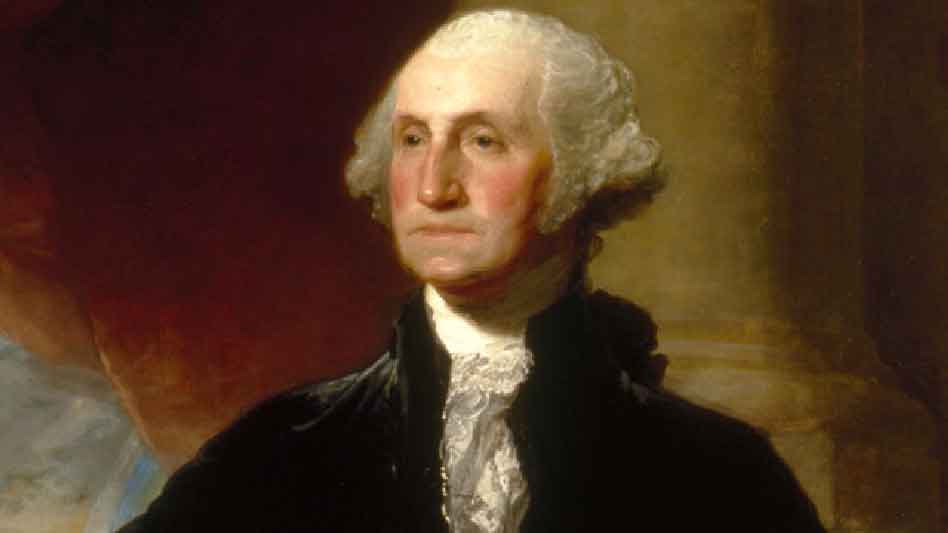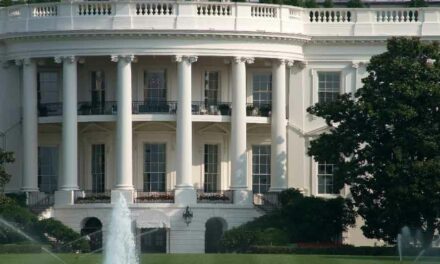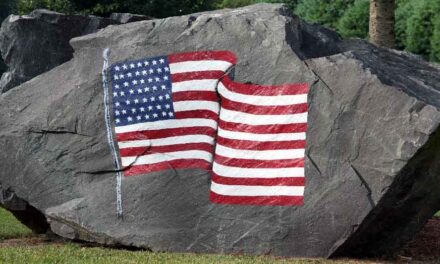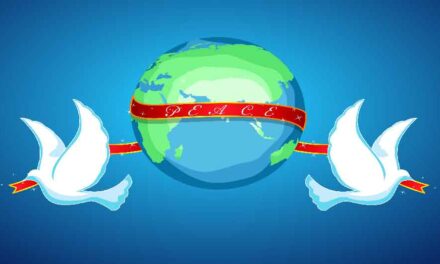George Washington’s Thanksgiving Proclamation
[Editor’s Note: Post originally published on 11/28/2019, Thanksgiving Day, 2019.]
Did you know that the first U.S. President, George Washington, is responsible for our Thanksgiving holiday? Most Americans don’t. Maybe that is because a conflated story of pilgrims, Indians, and “the first Thanksgiving” is taught to school children in one form or another.
Though the pilgrims and Indians celebrated a day of thanks together, a quick look at the dates should clear up any misconceptions about the actual history of the Thanksgiving holiday:
- November 1620 – Mayflower landed at Plymouth Rock bringing approximately 41 “pilgrims” to the New World.
- Fall/Winter 1621 – Governor William Bradford of Plymouth Colony decreed a public Day of Thanksgiving and Prayer to God.
- February 4, 1789 – George Washington elected as the first President of the U.S.
- August 1789 – Washington mentioned the possibility of a national Thanksgiving Day in a letter to James Madison
- September 1789 – resolution introduced to the House of Representatives requesting a joint committee of both houses recommending to the people of the U.S. a day of public thanksgiving.
- October 3, 1789 – George Washington issued his Thanksgiving proclamation, designating for “the People of the United States a day of public thanks-giving” to be held on “Thursday the 26th day of November.”
- October 3, 1863 – Guided by Washington’s original proclamation, President Abraham Lincoln, on the same day of October 3, “re-declared” the last Thursday in November as the national holiday of Thanksgiving.
- 1941 – Congress and President Franklin Roosevelt formally established the fourth Thursday of every November as a public day of thanksgiving and prayer in the U.S., making Thanksgiving a legal holiday.
From Tyranny To Liberty
Formerly a person living under the tyranny of the King of England, George Washington found himself the first elected leader in a land of liberty and justice for all. The first President’s Thanksgiving Proclamation emanates a reverent gratitude and recognition for all that God had done, and would do, for the new nation.
The Mount Vernon website writes:
George Washington knew the value of a thanksgiving day long before becoming our first president.
During the Revolutionary War, he would order special thanksgiving services for his troops after successful battles, as well as publicly endorse efforts by the Continental Congress to proclaim days of thanks, usually in recognition of military victories and alliances.
All the prayers of thanks and gratitude that have been lifted to God as a result of Washington’s Proclamation of Thanksgiving are truly more numerous than the sands of the seashore.
Washington’s Proclamation
[New York, 3 October 1789]
By the President of the United States of America. a Proclamation.
Whereas it is the duty of all Nations to acknowledge the providence of Almighty God, to obey his will, to be grateful for his benefits, and humbly to implore his protection and favor—and whereas both Houses of Congress have by their joint Committee requested me “to recommend to the People of the United States a day of public thanksgiving and prayer to be observed by acknowledging with grateful hearts the many signal favors of Almighty God especially by affording them an opportunity peaceably to establish a form of government for their safety and happiness.”
Now therefore I do recommend and assign Thursday the 26th day of November next to be devoted by the People of these States to the service of that great and glorious Being, who is the beneficent Author of all the good that was, that is, or that will be—That we may then all unite in rendering unto him our sincere and humble thanks—for his kind care and protection of the People of this Country previous to their becoming a Nation—for the signal and manifold mercies, and the favorable interpositions of his Providence which we experienced in the course and conclusion of the late war—for the great degree of tranquillity, union, and plenty, which we have since enjoyed—for the peaceable and rational manner, in which we have been enabled to establish constitutions of government for our safety and happiness, and particularly the national One now lately instituted—for the civil and religious liberty with which we are blessed; and the means we have of acquiring and diffusing useful knowledge; and in general for all the great and various favors which he hath been pleased to confer upon us.
And also that we may then unite in most humbly offering our prayers and supplications to the great Lord and Ruler of Nations and beseech him to pardon our national and other transgressions—to enable us all, whether in public or private stations, to perform our several and relative duties properly and punctually—to render our national government a blessing to all the people, by constantly being a Government of wise, just, and constitutional laws, discreetly and faithfully executed and obeyed—to protect and guide all Sovereigns and Nations (especially such as have shewn kindness unto us) and to bless them with good government, peace, and concord—To promote the knowledge and practice of true religion and virtue, and the encrease of science among them and us—and generally to grant unto all Mankind such a degree of temporal prosperity as he alone knows to be best.
Given under my hand at the City of New-York the third day of October in the year of our Lord 1789.
Go: Washington
Reference:
“Thanksgiving Proclamation, 3 October 1789,” Founders Online, National Archives, accessed September 29, 2019, https://founders.archives.gov/documents/Washington/05-04-02-0091. [Original source: The Papers of George Washington, Presidential Series, vol. 4, 8 September 1789 – 15 January 1790, ed. Dorothy Twohig. Charlottesville: University Press of Virginia, 1993, pp. 131–132.
Other Presidential Thanksgiving Proclamations
President Thomas Jefferson Thanksgiving Proclamation
A family gives thanks over a traditional Thanksgiving meal.







